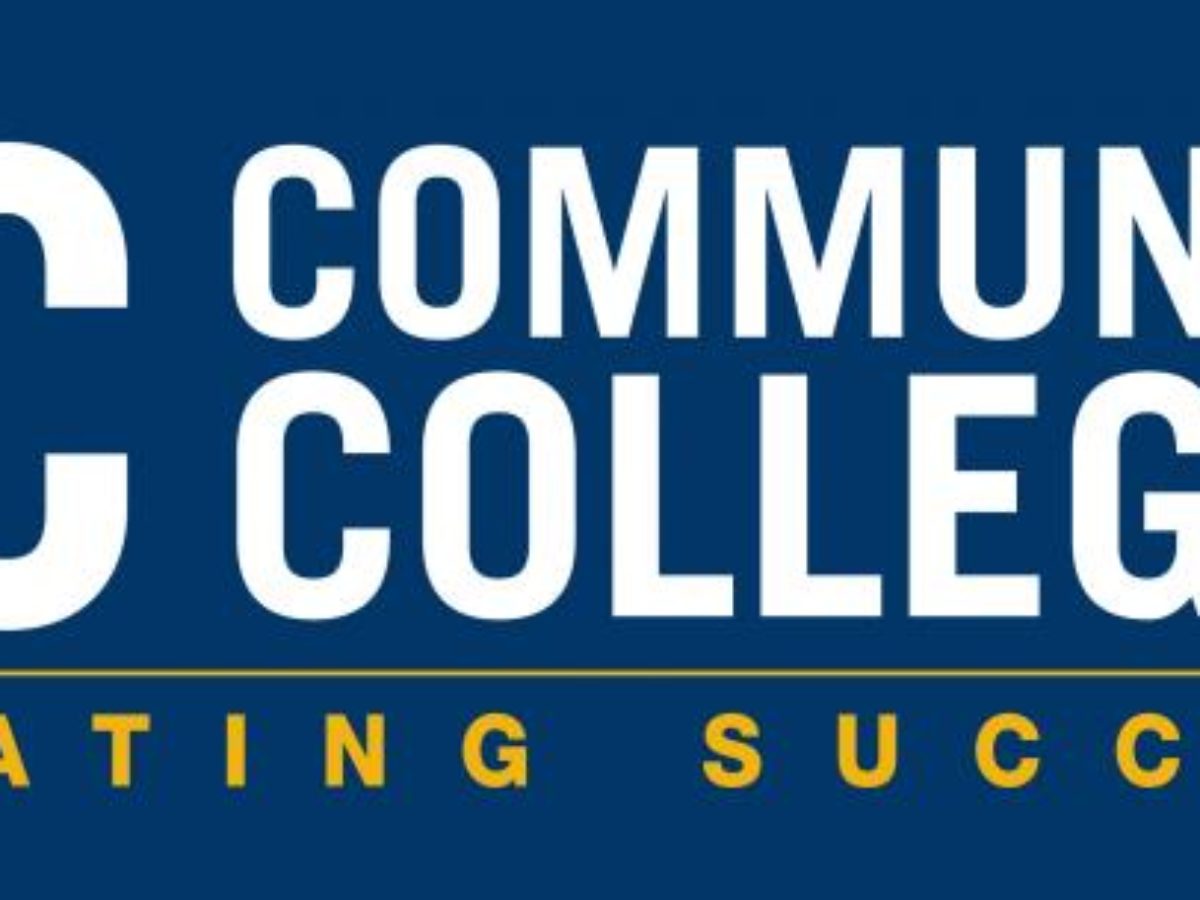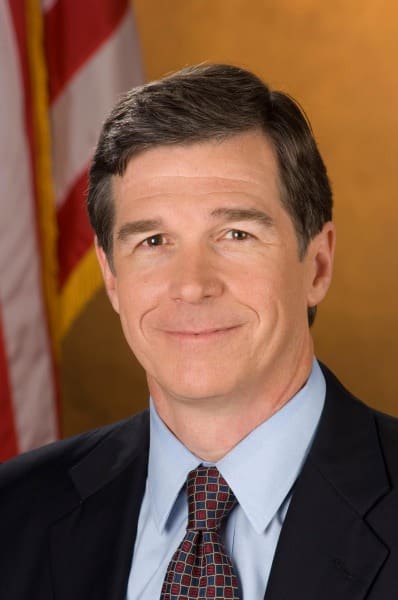
The following is a press release from NC Community College System
Community colleges across North Carolina have extended Spring Break, canceled classes and begun to transition their instruction to an online format.
On Monday, NC Community College System President Peter Hans recommended that all colleges pause face-to-face instruction through the end of the month, consistent with Gov. Roy Cooper’s Executive Order on March 14 that closed the public schools for students in North Carolina.
The System Office has also suggested that colleges shift to online delivery in serving high school students in the Career and College Promise program. Nearly 60,000 high school students in the state take community college courses through the dual enrollment program.
Hans also recommended that colleges wind down any remaining workforce classes that require face-to-face instruction. College leaders are considering extending the spring term into summer, so that students can complete any labs and workforce training courses that require in-person attendance.
“Our priority is protecting the health of our students, faculty and staff,” Hans said. “We believe we can also help our students accomplish their educational goals through online instruction. Our colleges are resilient and accustomed to pivoting to meet emergent needs in their communities; this is no different.”
Community colleges are prepared for the challenge, Hans added. Nearly one-third of North Carolina’s community college instruction is delivered online.
Hans encouraged colleges to make contingency plans to continue online instruction for at least eight weeks. He meets by teleconference daily with college presidents and formed a COVID-19 Response Advisory Committee of six presidents who represent their respective regions.
The NC Community College System Office staff has also been in contact with counterparts at the Department of Public Instruction and the University of North Carolina regarding a coordinated response to the needs of the state’s dually enrolled students.
Later this week, the State Board of Community Colleges is expected to consider changes to administrative flexibility, such as allowing students to extend tuition payments to future course enrollments.
In an email to the college presidents Tuesday, Hans stressed that the situation is fluid and more changes may be necessary.
“We need to make sure that we have a unified System approach to this pandemic that respects the local nature of the colleges,” Hans wrote. “Together with my colleagues on the President’s COVID-19 Response Committee, we hope to have additional guidance for you soon, and recommendations for contingency plans for the future. We need to prepare for this to be the case for the rest of the semester, as this is increasingly likely to be a prolonged situation.”
North Carolina’s 58 community colleges serve about 700,000 students a year in college-transfer programs, short-term workforce training, high school dual enrollment, career and technical education and adult basic education.
Recommended reading



